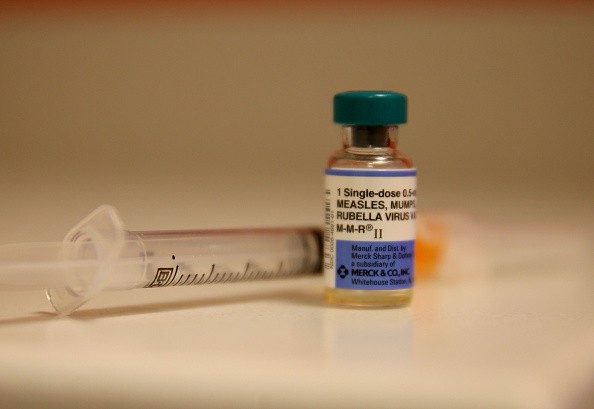
A very large study of children has found that the measles-mumps-rubella (MMR) vaccine is not linked to autism even in children who are at higher risk for developing autism or an autism spectrum disorder. Some of the children in the study were considered to be a higher risk because they had an older sibling with autism or an autism spectrum disorder (ASD).
This study was done because some parents still fear that MMR can cause autism despite many other studies that have shown that there is no link between vaccinations and autism.
The study found that being vaccinated with MMR was not associated with an increased risk of ASD at any age. ASD developed in 23 of 269 children who were not vaccinated (8.6%), compared to 30 of 796 (3.8%) who received two doses of the MMR vaccine.
The study was a retrospective cohort study, which means that researchers went back over medical records--in this case, the database of a large commercial health plan-to examine medical claims by children born between 2001 and 2012. They examined autism-related claims made for more than 95,000 children enrolled in the plan who had older siblings. Of these children, 994 were diagnosed as having ASD (including pervasive developmental disorder) and 1,929 had an older sibling with ASD. Of those with an older sibling who had ASD, 134 had ASD themselves in comparison to 860 children with ASD who had older siblings who did not have ASD.
Having an older sibling with ASD did reduce the rate of children being vaccinated with MMR. The MMR vaccination rates were 84% at age 2 and 92% at age 5 for children who did not have a sibling with ASD and 73% at age 2 and 86% at age 5 for children who did.
One very small study in 1998 claimed to find a link between MMR and ASD. The study was later debunked and withdrawn. Many large and well-designed studies since then have found the vaccine to have no association with ASD.



